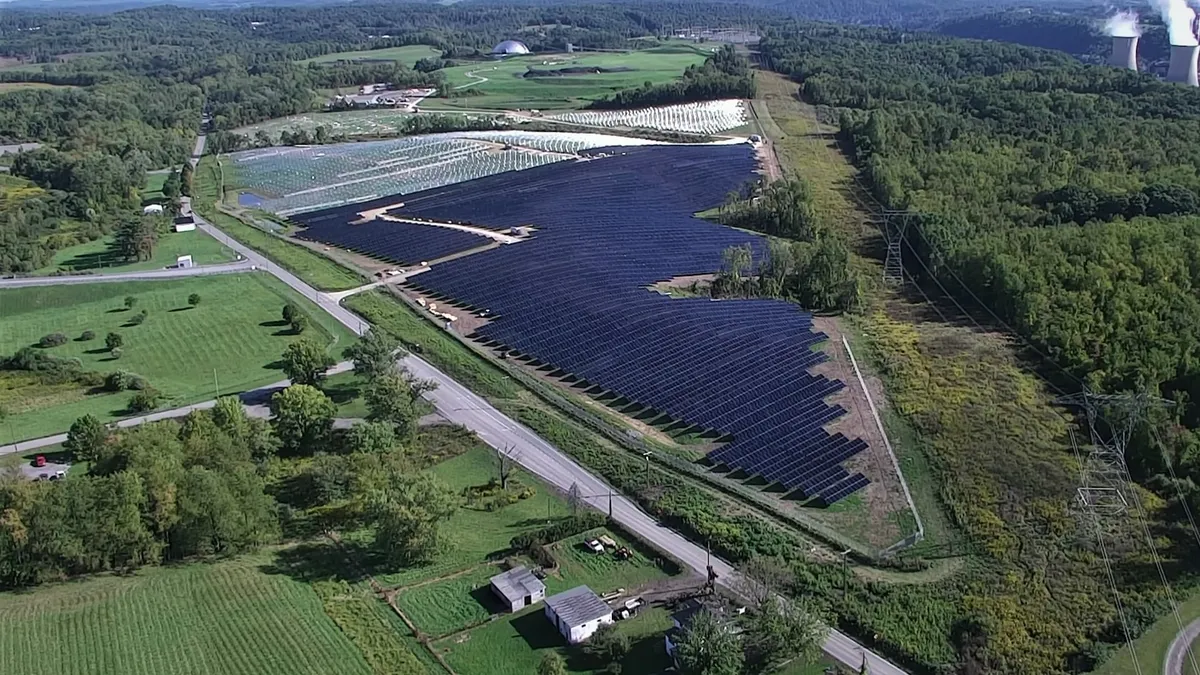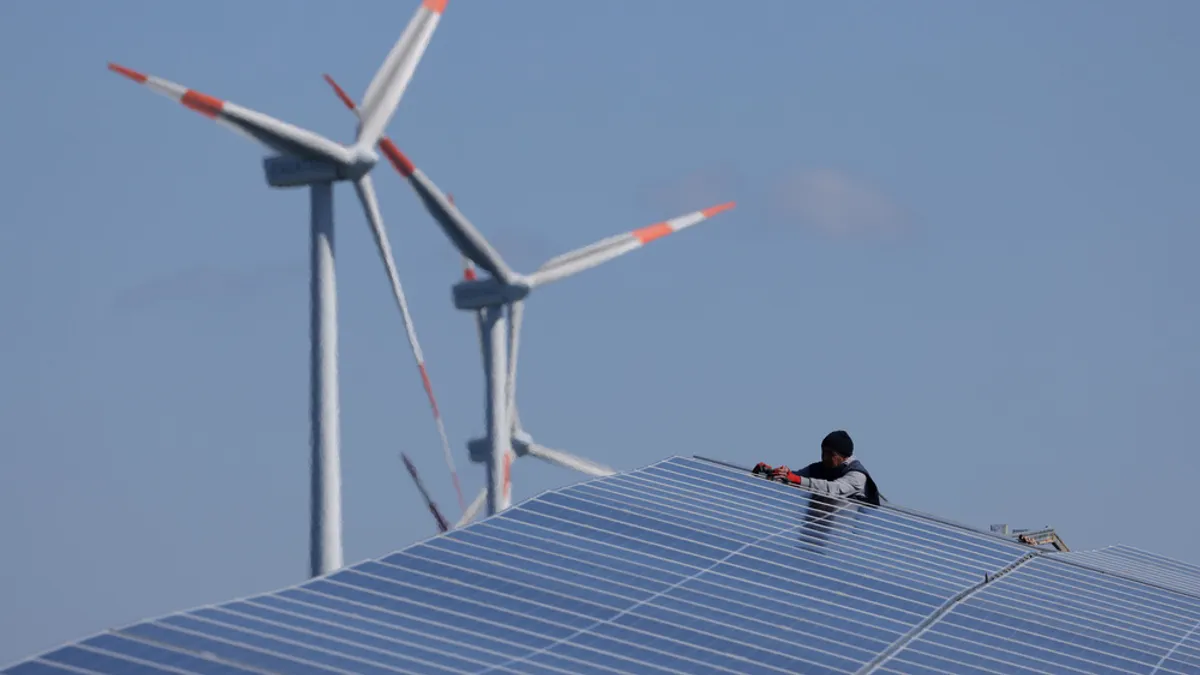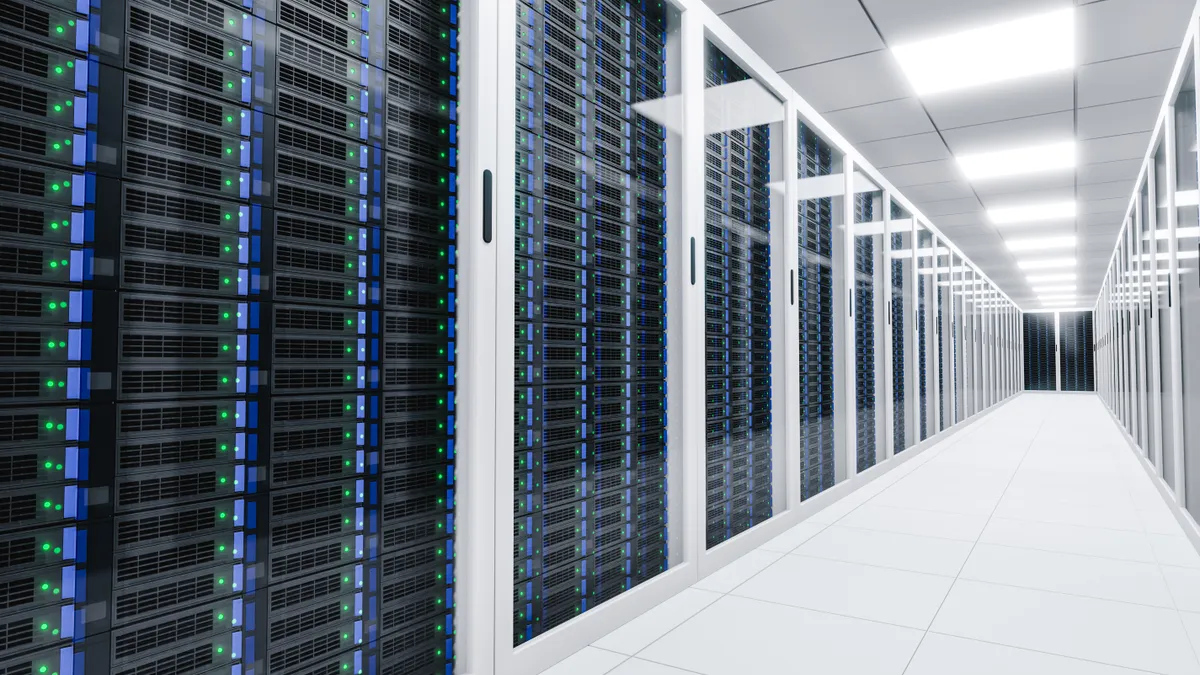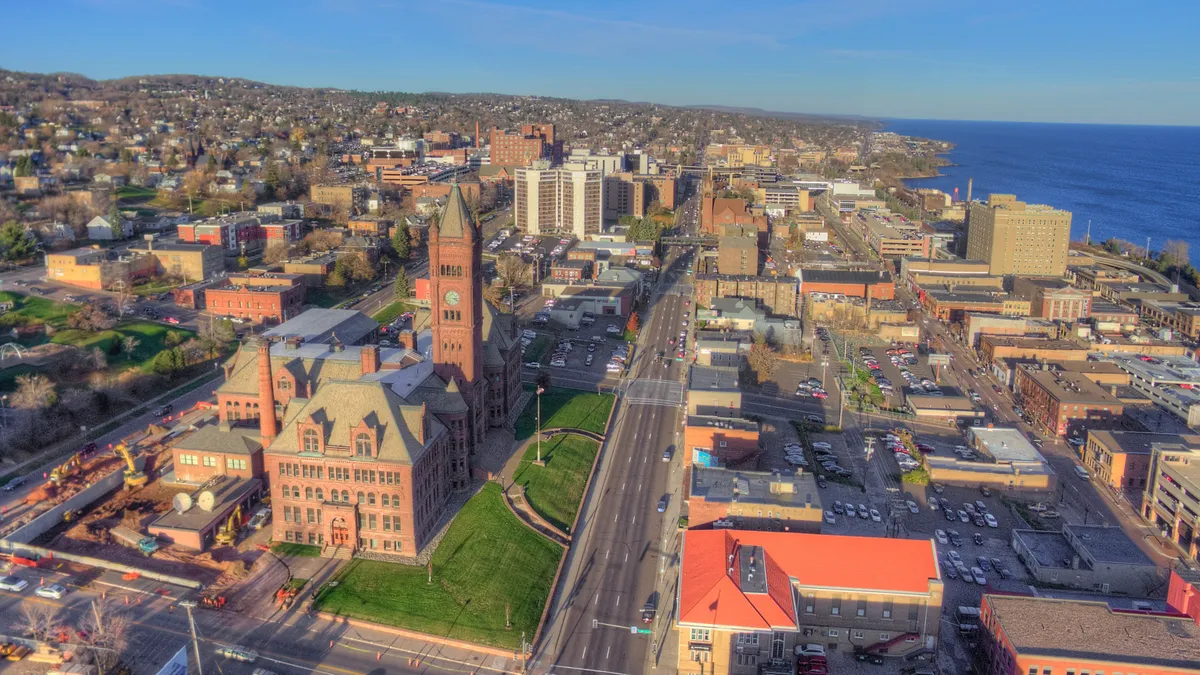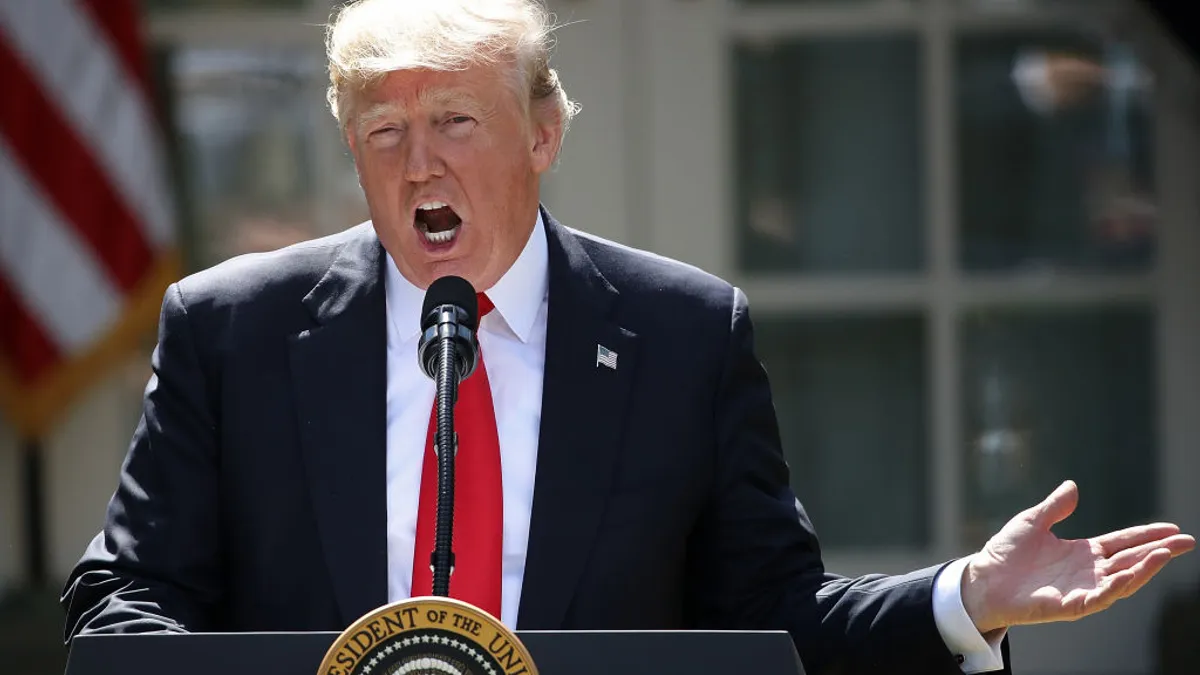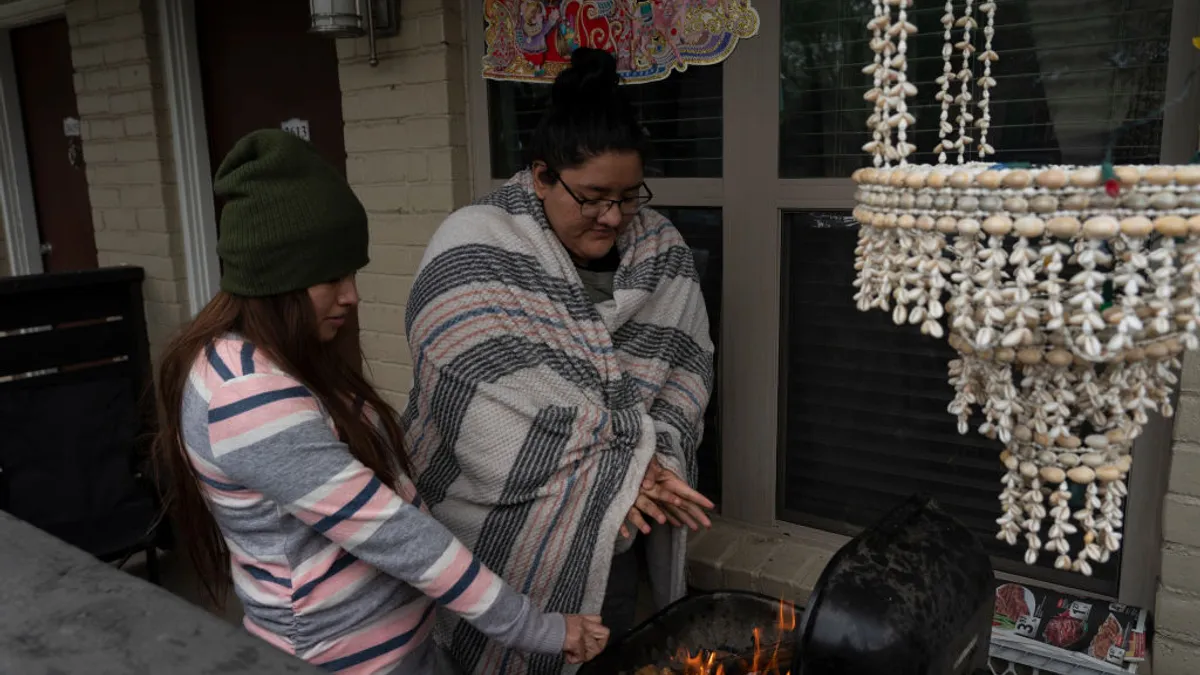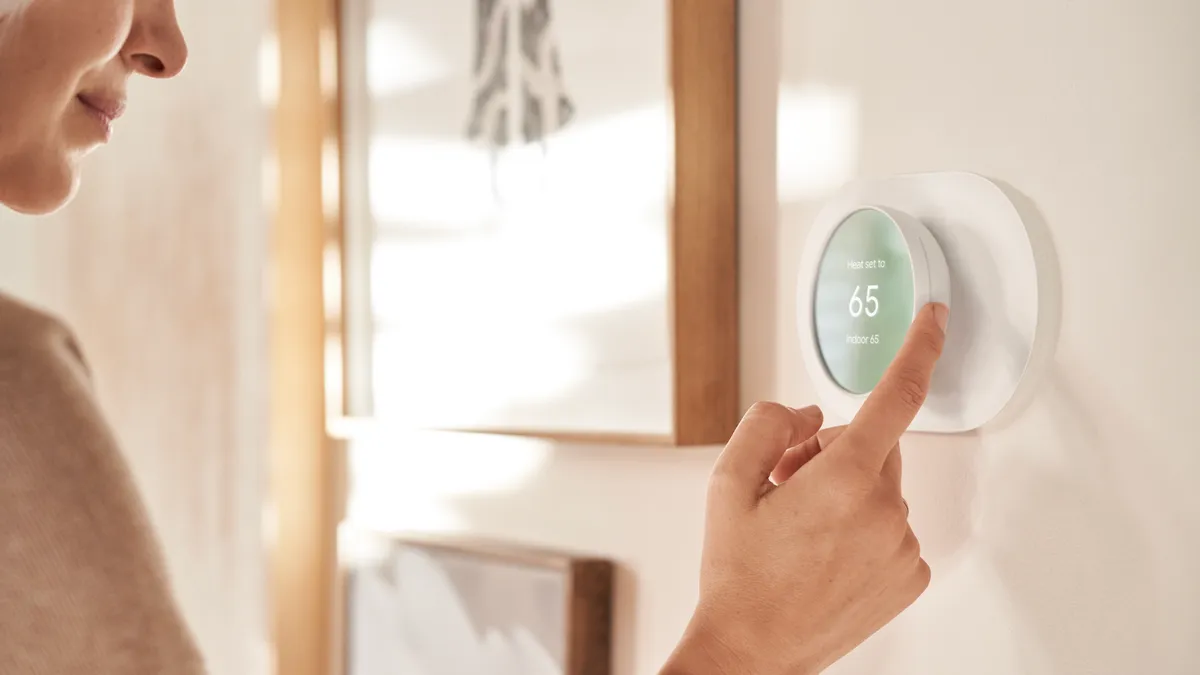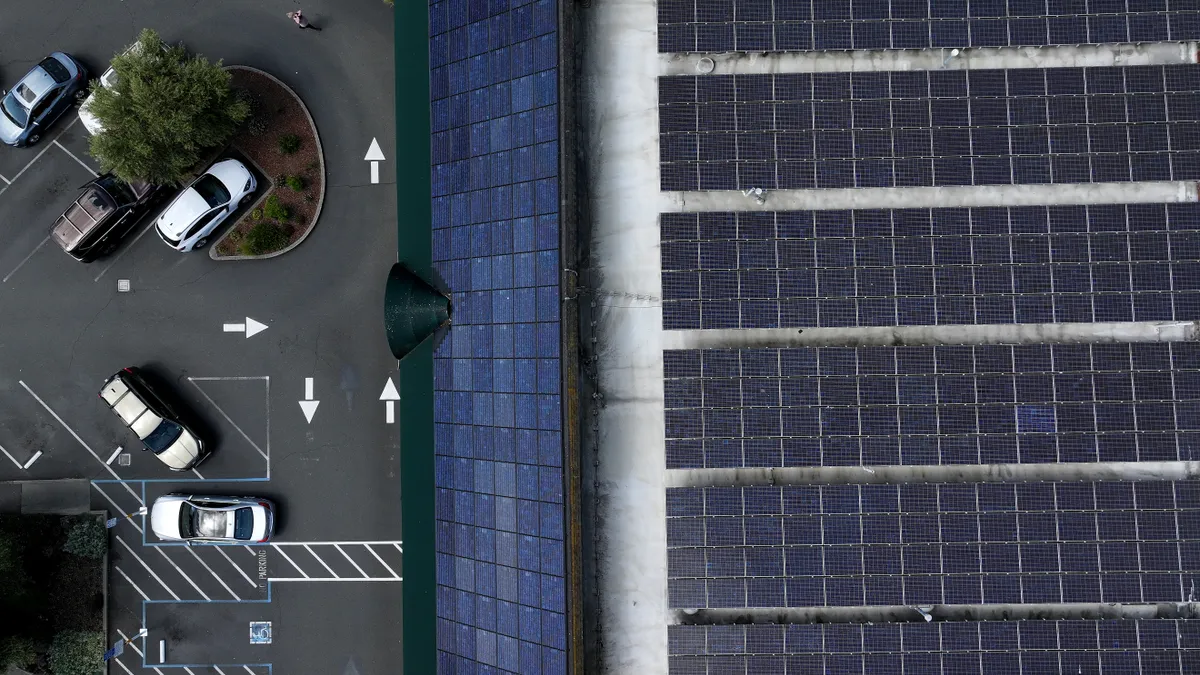In an effort to halt the spread of COVID-19, at least 20 states have stopped retrofits under the federal low-income Weatherization Assistance Program, according to the National Association for State Community Services Programs. Remaining states have left the decision up to local coordinators, some of whom have also stopped work.
Utilities across the country have halted their own programs as well, though in some emergency situations repair and retrofit work is still being done.
The energy efficiency sector employs at least 2.4 million in the United States, according to the American Council for an Energy-Efficient Economy (ACEEE), and many of those jobs are now at risk as the country likely enters into a recession.
"It's more on the residential side where you're seeing the layoffs."

Julian Boggs
Policy director, Keystone Energy Efficiency Alliance
There are also bright spots in the efficiency sector as some states take steps to maintain the workforce and certain types of projects have continued. But the overall outlook is dim as stay-home orders and social distancing limit what work can be done, say experts.
"There's a lot of anxiety," Julian Boggs, policy director of the Keystone Energy Efficiency Alliance, told Utility Dive. "Where we're seeing really acute pain right now is on the residential side. Even if utilities have not shut down programs, for residential energy efficiency providers, trade allies and contractors, there's really not much you can do."
Boggs said his organization has heard reports of some companies furloughing or cutting salary for 80% of their staff. A few companies have laid off half their staff.
"It's more on the residential side where you're seeing the layoffs," said Boggs. "For the most part, folks on the [commercial and industrial] side are able to adjust for the time being."
Those adjustments don't necessarily mean work is continuing as normal, however. Larger projects are able to shift more of the work off-site, spending this time on project design and development. Certain aspects of the engineering can be done remotely, said Boggs.
Work is continuing in some select locations and types of buildings, according to Tim Unruh, executive director of the National Association of Energy Service Companies.
"My members are primarily doing work at public buildings," Unruh said. That can mean federal or municipal buildings, schools and universities."But it's a mixed bag," he said. "Hospital work has stopped. ... I would imagine that residential has probably come to a complete halt."
Unruh added that the impacts on construction remain very regional, with some parts of the country not hard-hit by the novel coronavirus yet. In the Northeast, however, there is little work going on. Boston was the first city to shut down all construction.
"There are a mish-mash of policies across the country," said Unruh.
As utility programs shutter, worries about long-term savings
Utilities and state regulators have taken steps to limit contact between utility workers and customers, meaning non-essential work is halted. There will be immediate impacts as well as longer term, say experts.
"We anticipate we'll see decreases in achievement towards utility savings targets in some places," Rachel Gold, director ACEEE's utility programs, told Utility Dive. "Some direct services to customers will be deemed non-essential, and households that lose income may struggle to participate."
"Similarly, customer acquisition for these programs that rely on community-based activity, people seeing each other in person, will obviously face some challenges," Gold added.
In hard-hit New York, Consolidated Edison has suspended a number of services including energy efficiency visits to residential, commercial and business customers in New York City and Westchester County, along with all meter reading and the installation of smart meters.
Seattle City Light (SLC), in Washington state where the virus struck early, says all of its efficiency programs have been impacted but the municipal utility is "working to maintain as much service as possible."
"Our team has found creative ways to accommodate customer intake, enrollment, project verification and payment remotely," SLC spokesperson Julie Moore said in an email. "We have put a hold on direct-installation energy efficiency programs or other projects that require customer contact."
That halt on work includes installing lighting and water efficiency in multifamily homes and energy audits and weatherization for Seattle's low-income program. While Seattle anticipates the programs will resume once stay-at-home measures are lifted, Moore said there will likely be a "general slowdown of program participation."
"Current Washington state guidelines will impact both the commercial new construction and retrofit pipeline," she said. Contractor activity in the state is currently limited to essential repairs until at least May 4, "and the supply chain for lighting and potentially other energy efficiency products is also impacted."
Xcel Energy in Colorado is continuing to perform essential services like furnace and appliance repairs through its HomeSmart program, though additional precautions have been taken and customers are asked to cancel appointments if anyone in the home is sick.
"As far as energy efficiency programs, we have suspended services like Home Energy Squad and other non-essential programs to protect the health and safety of our employees and our customers," Xcel spokesperson Michelle Aguayo told Utility Dive. "We are evaluating our energy efficiency strategies and prioritizing our work for when we return to normal business."
Florida Power & Light has "suspended initiatives that would require our employees to enter customers’ homes such as retrofits and field energy surveys," spokesperson Bill Orlove said.
Dominion Energy said that in mid-March it suspended all new appointments for programs requiring in-home visits.
"We have been actively working with our vendor partners to determine how to transition program support operations to remote solutions," Dominion spokesperson Audrey Cannon said in an email. The utility's lighting discounts and appliance rebates program remains active.
Duke Energy says it has suspended all energy-efficiency audits and home weatherization repairs, though some work does continue.
"Employees will continue to respond to power outages and conduct other essential work. Company technicians will continue to complete service orders – such as new electric connections and requested disconnections," Duke spokesperson Ryan Mosier said. "Some of this essential work also includes responding to heating or cooling loss, hot-water system issues and other services that have warranty and guarantee commitments."
Mosier said that if Duke technicians need to interact with customers in-person, they utilize safety guidelines set by the U.S. Centers for Disease Control and Prevention, including social distancing, wearing personal protective equipment and the use of screening questions.
Keeping the efficiency sector 'healthy'
As work grinds to a halt, there are some efforts being made to help maintain jobs.
"There are some states making sure vendors are being paid. ... When we think of the economic impacts of COVID-19, the energy efficiency industry is a part of that story," said Gold. "It is also a part of the story of how we come out of this."
"Of course we're in entirely uncharted territory now, but adjusting incentive levels should help with customer participation."

Eric Miller
New Jersey energy policy director, Natural Resources Defense Council
In Connecticut, Boggs said contractors can now receive a stipend for training at home. In California, regulators approved advance payment to efficiency contractors. Likewise, the Alliance for Clean Energy New York has asked the state's Public Service Commission to authorize temporary cash payments for contractors to cover personnel and other fixed costs, and other measures.
"We really need to figure out ways to keep the energy efficiency industry healthy," Eric Miller, director of Natural Resources Defense Council's New Jersey Energy Policy, Climate & Clean Energy Program, told Utility Dive.
Another approach to reviving program participation once work restarts will be to request incentive levels to be adjusted so that utilities pay for more of the upfront costs on retrofits, said Boggs. "Of course we're in entirely uncharted territory now, but adjusting incentive levels should help with customer participation."
Incentivizing efficiency companies to keep workers on board now will save money in the long run, said Boggs.
"There are more actions on the regulatory side that states can take to support the industry because you have these deep utility partnerships and utilities have resources," he said. "And if they're able to be deployed at this time, it can save money in the long run because it costs more money to restart the workforce."





